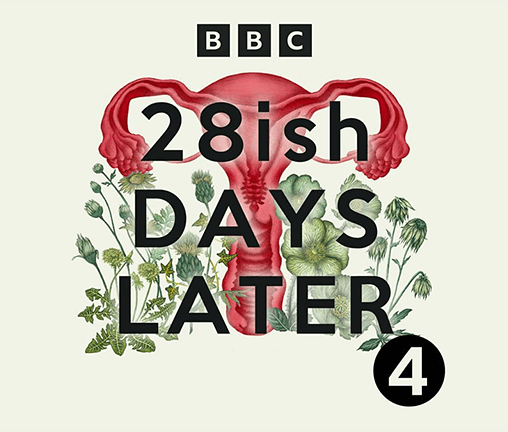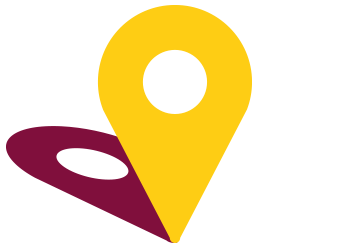Most girls are having regular periods by the time they are 16, but half of girls in the UK feel embarrassed by their periods.
This needs to change.
Periods are not something to be ashamed of or feel embarrassed by. They are an ordinary part of life and talking about them is OK.

Setting the record straight on period myths
There are lots of myths out there about periods, the more we talk about periods the more opportunity there is to break down myths and misunderstandings:
"Periods are dirty"
Periods are not dirty, period blood is a natural bodily fluid that is made up of the womb lining that has built up over the month.
"Periods are shameful and should not be talked about"
Periods are not something to be ashamed of. They are a normal part of life for most women and girls and are simply a biological process. In fact periods should be talked about! By talking about periods openly we can change the idea that periods are something that need to be kept secret, in turn helping girls to feel less embarrassed by their periods.
"Periods make you crazy"
During the menstrual cycle, girls may experience changes in their body and mood, known as premenstrual syndrome (PMS), and the severity of these symptoms differ from person to person. The idea that periods make you crazy is an unhelpful way of thinking about these changes. If someone's feelings change with their menstrual cycle, their feelings are still valid!
"You can't play sport when you're on your period"
Exercise can actually help to reduce period pain and lift low moods. Gentle exercise in particular, such as yoga, swimming, walking and cycling are recommended.
"You can't have sex on your period"
It is completely safe to have sex on your period if you and the person you're having sex with want to.
"If you use a menstrual cup or tampon you can't be a virgin"
Using period products is completely unrelated to virginity and using a tampon or menstrual cup does not mean you are no longer a virgin, so use the product that's right for you!
Talking about periods can help girls ask for help
It's really important to begin talking about periods more openly, and not just because people shouldn't have to feel like their period is something to hide.
When we don't talk about periods this can impact on whether people feel comfortable seeking help and support if they have problems with their periods. Everyone's period experiences are different: some may experience mild pain and discomfort, whereas others may have tiredness, mood changes or pain that impacts their day-to-day activities.
If you feel like your periods hold you back from focusing in class, attending school or doing things you like, you can talk about it! Speak to a trusted adult, such as a teacher or parent if you're struggling, and if you're at all worried about your period length or regularity you can also talk to your GP for advice.


Boys are part of the solution
If we want to do something about period shame and embarrassment we need boys to help as well.
Recognising that a girl having a period is just a normal part of her life is really important, here are some things boys can do to help girls feel more comfortable about their periods:
- Use terms like 'period or 'menstruation' and don't use phrases that might make girls more embarrassed.
- If someone mentions periods, ask respectful questions to understand their experiences and how they might feel about their periods.
- Be supportive: try not to say things like – 'oh it must be that time of the month' as this can make girls feel like their feelings are not valid or that they are being dismissed.
- Do some research! There's lots of information out there about periods, and the more educated boys are about periods, the more they can help end period stigma. Have a look at the resources linked under the More Information section of this page if you want to learn more.
Period poverty
Period poverty describes the problems women and girls face affording and accessing period products and facilities to support their menstrual health.
Period poverty is very common and can affect people differently. In the UK, at least 21% of girls and young women are struggling to afford period products.
Period poverty may cause people to miss school, use substitutes for period products that don't work as well and cut back on other purchases to be able to afford period products.
If you can't afford period products, ask your school, college or university for help as they may be able to provide you with free products. If you can't access period products through your school, you can visit the my period website or download the free PickUpMyPeriod app to get more information on local places where you can access free period products.

No one should feel ashamed of their periods, so let's keep talking about them!

After all it’s just a period!
More information
Check out these useful resources if you want to learn more about periods.
Information about periods and the menstrual cycle:
www.gettingiton.org.uk/periods
Information about period products:
www.gettingiton.org.uk/period-products

NHS information on periods: www.nhs.uk/conditions/periods

You can also learn more about periods by listening to '28ish Days Later' an award-winning podcast all about the menstrual cycle, the science around periods and how periods have been viewed throughout history. open.spotify.com/show/0le1kyKiXmaI8fsZL8owqp



